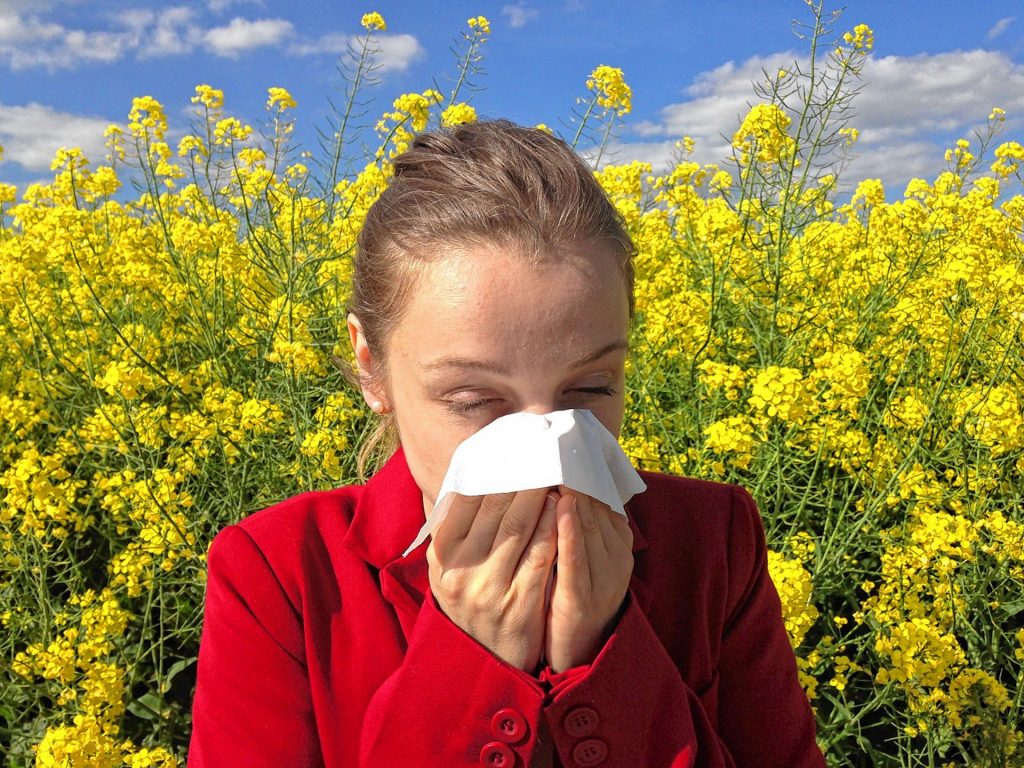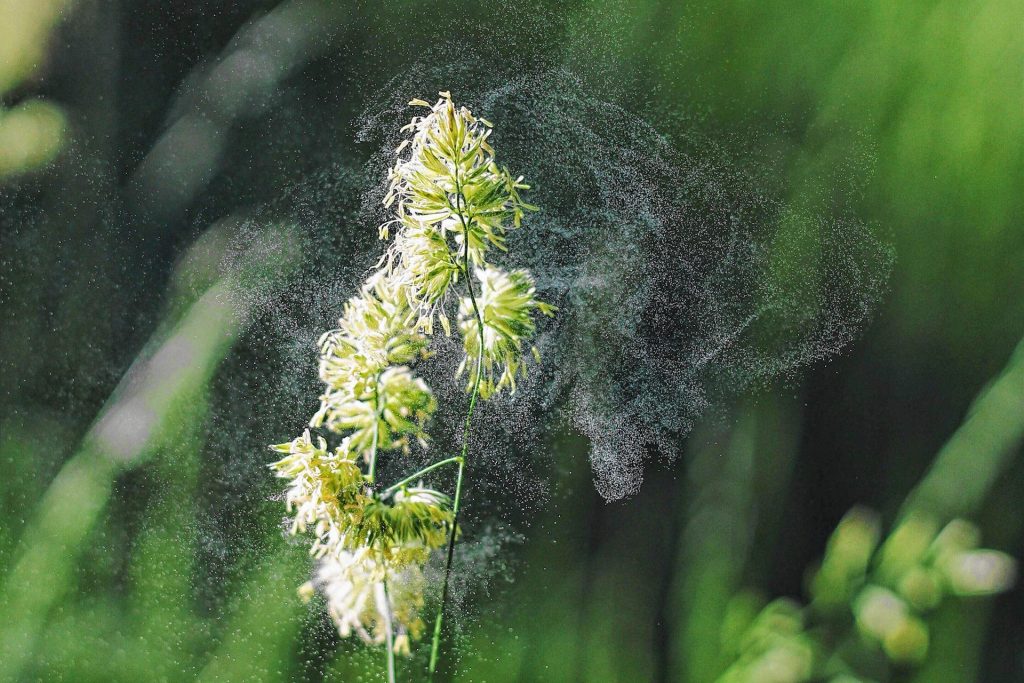As the days become shorter and the weather cools down, a new crop of allergy symptoms gives an uncomfortable, irritating experience, turning the autumn season into one marked by sneezing, scratchy throats and itchy eyes. However, Dr. Denise Kearney, a specialist at the allergy treatment clinic Northampton Integrative Medicine, offers solutions for the irritating, flu-like symptoms.
“[Home remedies] include avoidance, immune support with supplements like vitamin C, zinc. Of utmost importance is an anti inflammatory diet that excludes an individual’s food allergies and food sensitivities,” said Kearney.
Home remedies are attainable and simple, with most of them used to boost the immune system or separate triggers like ragweed from the face and body. Maintaining a nutritional baseline is important in treating these problems, but finding these vulnerabilities is just another part of the battle.
“We routinely check for food allergies and sensitivities at our clinic,” said Kearney.
The Northampton Integrative Clinic also offers allergy treatments for those looking for a more intensive solution.
“Injections for allergies and/or sublingual allergy extracts are most effective and have been used for many years here at NIM. Personally I am always looking at the immune function. I aim to optimize immunity and replete any immune disorders and imbalances.” However, Kearney also values taking a holistic picture into account. “Diet and lifestyle are important components here,” she said.
Anyone can work on their diet and lifestyle at home. Kearney recommends washing clothes, wearing a mask during yard work and showering before bed, all examples of “environmental control.”
However, it’s also best to carefully research remedies. Eucalyptus oil, for example, which is commonly thought to help with allergies, has “little data for its effectiveness and it may have more adverse effects than other nutritional supplements that prove more effective for symptoms,” according to Kearney.
Kearney gives detailed advice as to what supplements are best, “I routinely recommend quercitin as an antihistamine that is derived from foods and plants and also acts as an anti oxidant and helps with food allergies. Other popular and effective supplements include stinging nettles (as effective as Zyrtec in one head to head study), bromelain, N acetylcysteine (the latter may help tremendously with bronchial symptoms). Microbiome is important not only for gut health but for sinus and respiratory health. Probiotics may prove helpful in addition to the healthy diet I recommend.”
Allergy prevention consists of environmental control, diet, and medical intervention based on what the individual body needs. Holistic treatments must be approached carefully. Thankfully, home remedies are easy and clinics offer years of research and data to help with these symptoms.




